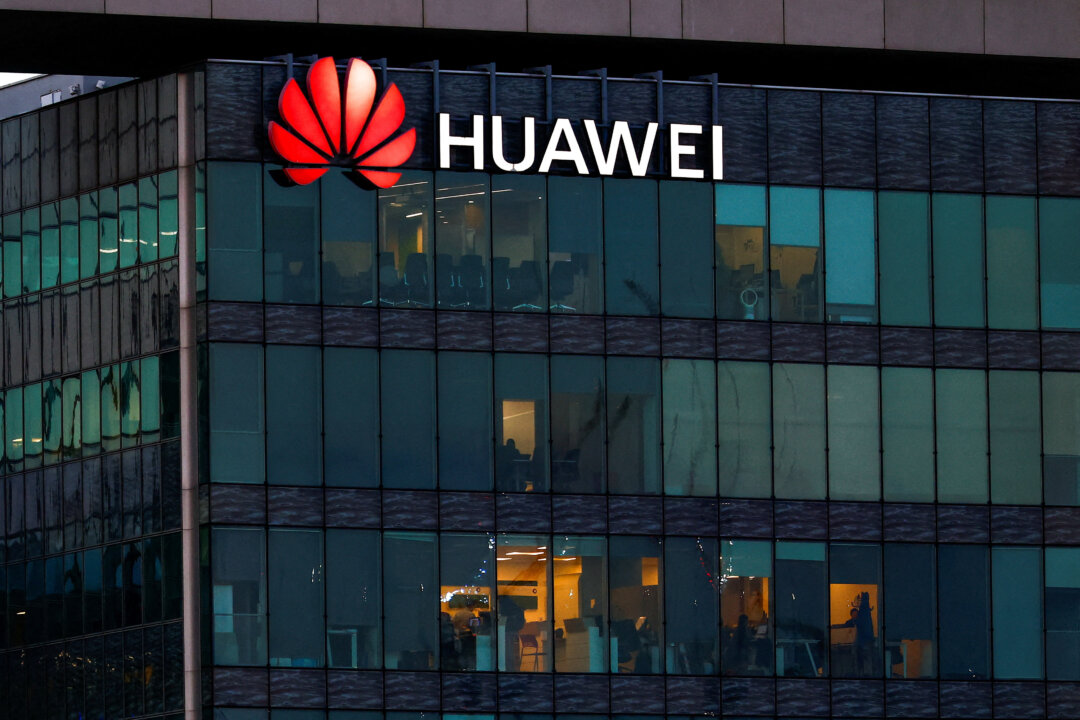Malaysia seemingly walks back on a previous announcement about using Chinese AI tech in a major infrastructure project, to comply with U.S. export controls.
The Malaysian government appears to be reconsidering its previous announcement that its Strategic Artificial Intelligence Infrastructure project would run on DeepSeek and Huawei Ascend chips, which the U.S. Commerce Department recently warned could result in “substantial criminal and administrative penalties.”
The Malaysian Ministry of Investment, Trade, and Industry (MITI) on May 21 published a statement addressing media reports that questioned whether the project would violate U.S. export control laws.
“The said initiative was not developed, endorsed, or coordinated by the Government of Malaysia, nor does it form part of any Government-to-Government agreement or nationally mandated technology programme,” MITI stated.
The U.S. Commerce Department’s Bureau of Industry and Security had on May 13 issued a reminder that Huawei Ascend chips were likely developed in violation of U.S. export controls, and that the Chinese makers used restricted U.S. technology to create the AI chips.
Malaysia’s statement notes that AI-powered government infrastructure would first go through “appropriate due diligence and uphold highest standards of applicable global laws” and that “Malaysia remains committed to full compliance with all applicable export control laws,” referencing the World Trade Organization and affirming its right to set sovereign policies.
The statement did not address DeepSeek or the Huawei Ascend chips directly.
Huawei told Reuters it has not yet sold Ascend chips to Malaysia-based technology infrastructure company Skyvast, its partner in the Malaysia infrastructure project.
MITI and Skyvast did not respond to an inquiry from The Epoch Times by publication time. At a launch event on May 19 at the St. Regis Kuala Lumpur, Malaysian Deputy Minister of Communications Teo Nie Ching announced a “transformative” national AI strategy in collaboration with Huawei, Skyvast, Chinese battery maker Leadyo, and Shanghai Free-Trade Zone executives.
In a speech, she said that Malaysia would be “the first nation to activate this class of Ascend GPU-powered AI servers at national scale,” with DeepSeek “now operational” in the country. Ching said Skyvast would provide “AI-as-a-Service (AIaaS) and GPU-as-a-Service (GPUaaS)” infrastructure that startups, researchers, and agencies would be able to use.
Ching said there would be a phased rollout of 3,000 Ascend chips by 2026, forming “the backbone of Malaysia’s national AI grid.”
She said that for years, Malaysia was kept out of the front of the race by “foreign infrastructures, cloud dependencies, and barriers to high-performing computing” but that the infrastructure the tech partners were bringing would change all that.
“We are not merely adapting to the age of Artificial Intelligence. We are shaping it, securing it, and leading it. And we are doing so on our terms, with trusted partners, and with the wellbeing of our people at heart,” Ching said.
She touted Malaysia’s relationship with China, saying the project “advances one of Malaysia’s most strategic bilateral partnerships” and co-develops a new model of “cross-border AI governance” as the Southeast Asian nation would become China’s first international AI partner.
Meanwhile, the United States is set to roll out a new AI diffusion rule to position the American AI tech “stack” as a first choice for international partners. The Malaysia–China partnership was announced a week after the United States revealed AI partnerships with the United Arab Emirates and Saudi Arabia.
David Sacks, the Trump administration crypto and AI czar, said on social media platform X that Malaysia’s announcement was a “harbinger of things to come.”
“As I’ve been warning, the full Chinese stack is here. We rescinded the Biden Diffusion Rule just in time. The American AI stack needs to be unleashed to compete,” Sacks wrote on May 19.
The Biden administration had finalized an AI diffusion rule in January that would have sorted countries broadly into three tiers, with different levels of access to American AI technology.
The Trump administration rescinded the rules days before they would have gone into effect in May, and has been in favor of promoting global adoption of American AI technology with a much broader approach than the previous administration, as seen with President Donald Trump’s recent multibillion-dollar AI deals in the Middle East.
Lawmakers on both sides of the political aisle have cautioned that the expanded diffusion approach may increase the number of chips that fall into the Chinese communist regime’s hands, while tech executives say that limited diffusion results in fewer people using American technology, making adversaries more competitive.
Reuters contributed to this report.

